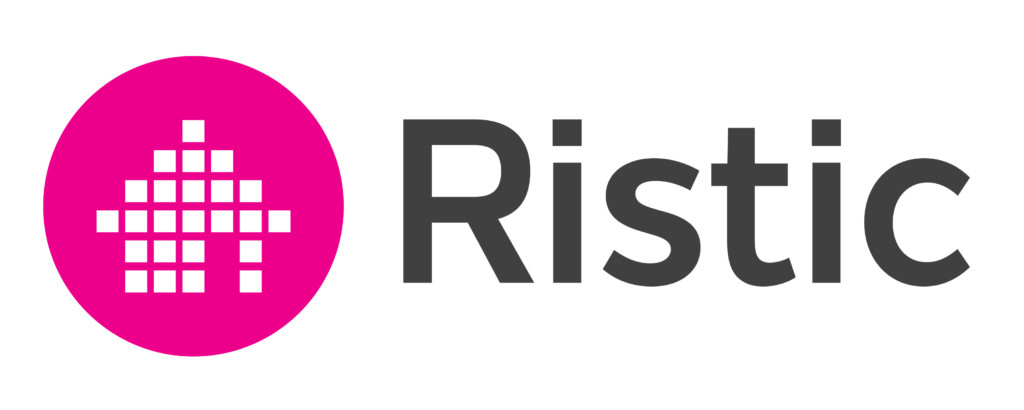| What is Rental Yield & How to Calculate it
When assessing the investment potential of a property, one crucial financial indicator to consider is the “Rental Yield.” It’s a quick calculation that determines how much you’ll earn from your investment property expressed as a percentage. Rental Yield is calculated by subtracting your costs from your property income.
Accurately calculating your rental yield can give you a clear understanding of your ongoing returns and help you determine if a property is a good fit for your investment goals. Researching yields for different properties in various suburbs can also help you find a property with an attractive rental yield.
There are two rental yields that you need to calculate: Gross Rental Yield and Net Rental Yield.
Gross Rental Yield is calculated by dividing the annual rent by the value of the property and multiplying it by 100 to get your percentage figure.
Net Rental Yield is more accurate because it includes the costs to maintain and rent the property. To calculate Net Rental Yield, add together all of your expenses, calculate the annual rent, subtract the total costs from the total income from your property, divide that figure by the value of your property, and then multiply the resulting figure by 100 to get a percentage figure.
When calculating your total expenses, be sure to take into account repairs and maintenance, management fees, body corporate fees, insurance, rates and charges, and vacancy costs.
While there is no definitive answer to what constitutes a good rental yield, according to the Commonwealth Bank of Australia, investors should aim for a rental yield of 5% or above. However, a high rental yield shouldn’t be the only reason to invest in a particular property. It’s important to focus on the big picture and your long-term investment strategy, taking into account factors such as market conditions, location, economic outlook, and class of property.
In summary, rental yield is a crucial tool to assess when evaluating an investment property. Still, it is not the only consideration. A higher rental yield may provide better cash flow, but this shouldn’t come at the cost of decreased capital growth. To understand more about rental yield and how it can affect your property investment, it’s always advisable to seek professional advice.
Disclaimer: Although all care is taken. We do not give any warranty whatsoever to the accuracy of any content.
This is not meant to be financial or professional advice and is only of general nature. You must seek professional advice before taking any actions. The above information comes with no warranties whatsoever. We take no responsibility for any actions you may or may not take. All content is of general nature only and is NOT to be taken as advice whatsoever
